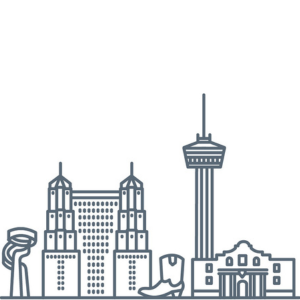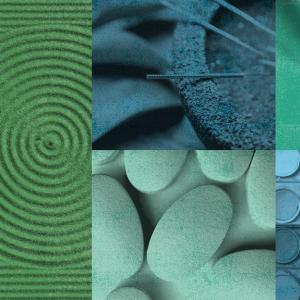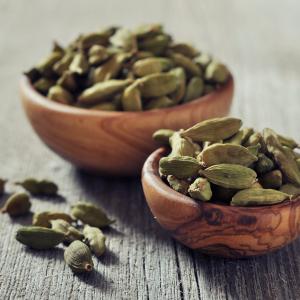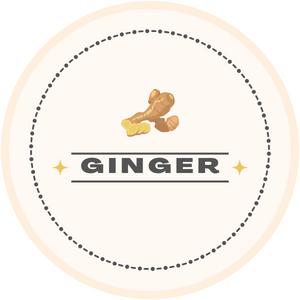Unmask the Dangers of Adulteration in Milk
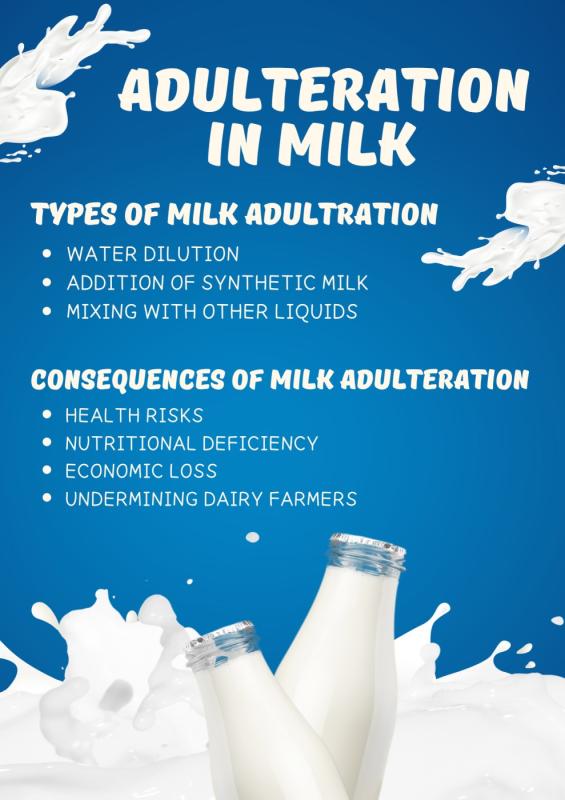
Unmask the Dangers of Adulteration in Milk
Introduction:
One of nature's perfect food, Milk. It has been a staple food in human diets for many centuries. Milk contains essential nutrients and plays a vital role in our daily nutrition. However, the purity of milk is under constant threat due to adulteration. It has been understood that milk has benn mixed with various substances to increase the shelf life.
Types of Milk Adulteration:
A very commmon type of milk adulteration is the addition of water to increase its volume. It is also called as milk dilution. Dilution not only compromises the nutritional value of milk but also poses health risks, especially for infants and the elderly who rely heavily on milk for essential nutrients.
These substances will have a similar appearance and texture of milk but it does not have the same nutritional benefits. Consuming synthetic milk can have severe health problems.To further deceive consumers, milk is sometimes mixed with cheaper liquids like whey, or even detergents. These additives not only dilute the milk but also have harmful chemicals into the mix.
Consequences of Milk Adulteration:
Adulterated milk can cause many health issues, that includes digestive problems, food poisoning, and long-term health problems. People who are more prone are children and the old aged people.
Diluted or synthetic milk lacks the essential nutrients found in pure milk. Regular consumption of adulterated milk can lead to nutritional deficiencies, affecting growth and overall health.
The consumers pay for pure milk but receive an inferior product when adulteration occurs. This not only harms individual health but also results in economic losses for consumers.
The adulteration practices undermine good dairy farmers who work tirelessly to provide quality milk. It hurts their livelihoods and the entire dairy industry.
Detection and Prevention:
Portable milk testing kits are available that can detect adulterants like water, chemicals, and other contaminants. These kits are affordable and easy to use, making them a valuable tool for consumers and dairy farmers alike.
By purchasing milk from local, reputable dairy farms can reduce the chances of consuming adulterated milk. These farms often prioritize quality and safety over profit.
Awareness about the dangers of milk adulteration is essential. Consumers should be informed about the signs of adulteration and encouraged to report suspicious products.
Conclusion:
The adulteration of milk is a serious issue that poses health risks, nutritional deficiencies, and economic losses to consumers and the dairy industry. To safeguard our health and well-being, it is crucial to be vigilant, support local dairy farmers, and demand stricter regulations and enforcement to combat this pervasive problem. By working together, we can ensure that the milk we consume is pure, nutritious, and safe for generations to come.















